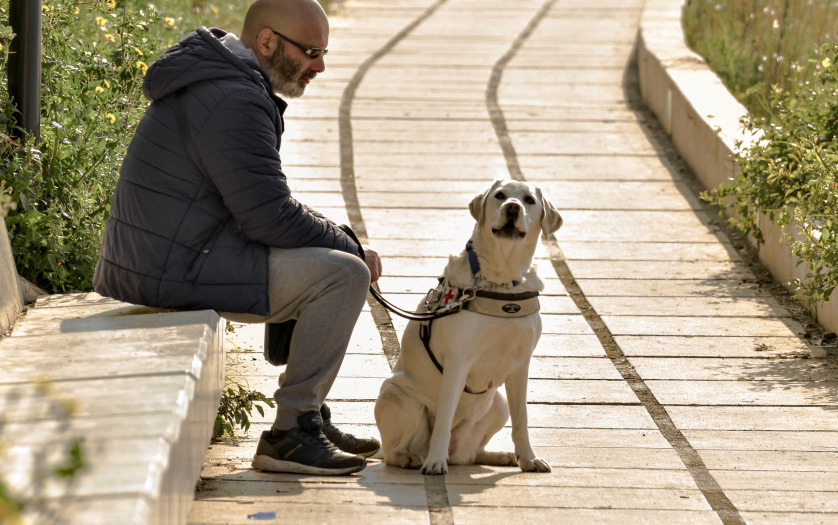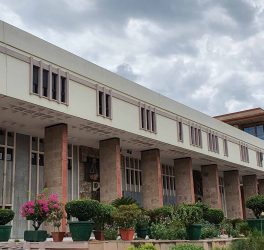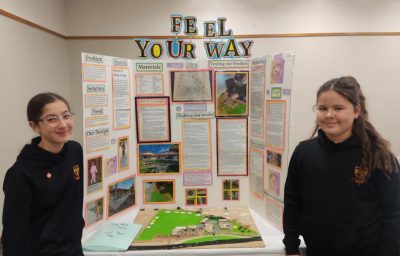
Blind people in Wales have said they are treated like “second class citizens” by broadcasters who rarely use technology that would help them watch TV programmes.
The BBC, ITV and S4C must add audio description (AD) – which uses a narrator’s voice to explain the action on screen – to 10% of programmes.
But viewers with sight loss said the minimum quota should be increased. Broadcasters said they were meeting Ofcom’s requirements.AD is available on most modern TVs, and has to be selected just as viewers might opt for subtitles.
The 10% quota for AD applies to the BBC and ITV across the UK, and not specifically for Welsh output. BBC One Wales and ITV Wales do not need to audio describe any of their original programmes as long as the overall quota is met by the London headquarters. Welsh language broadcaster S4C is subject to the same quota, which means its audience can access a higher proportion of audio-described Welsh programming than BBC Wales and ITV Wales.
Many peak-time programmes such as soap operas and dramas carry AD, but sight loss charity RNIB Cymru said the availability of the service remained “very poor”.
RNIB Cymru director Ansley Workman said: “There is a statutory minimum for 10% of AD, and we have been trying to push them to take that up to 20%.” Dad Paul and four-year-old Nell have significant sight loss which means they cannot follow a broadcast without it, while mum Rachel, 12-year-old Isaac and three-year-old Martha are not visually impaired. “It’s really important for our family so we can sit and watch programmes together, but also so Nell can watch a programme independently,” said Rachel.
Paul said it was “slowly getting better” but broadcasters needed to move faster.








